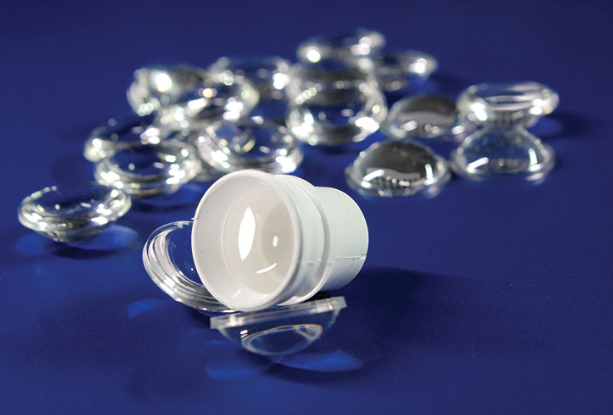Superior Transparency, Chemical Resistance ,Fast Curing liquid silicone, UV Resistance, Durability Ninja Silicone , https://www.ninjasilicone.com
The Dangers of the “Forever Chemical†in Your Drinking Water
Drinking water is a fundamental necessity for life, and ensuring its safety is crucial for human health. Unfortunately, many people in the Midwest may be at risk of consuming contaminated water, particularly due to the presence of harmful chemicals like PFOS and PFOA. These substances, collectively known as PFAS, are dangerous pollutants that have been linked to various serious health issues. It's important to understand what these chemicals are and how they can affect your drinking water.
As a leader in the bottleless water cooler industry, Office H2O understands the growing concerns surrounding PFAS and other contaminants in water sources across the Midwest. That’s why we believe it’s essential to inform our customers about the risks associated with PFOS and PFOA and encourage them to take action if necessary.
What Are PFAS?
PFAS, or perfluoroalkyl and polyfluoroalkyl substances, are a group of man-made chemicals that have been used since the 1940s. They are often referred to as "forever chemicals" because they do not break down easily in the environment or the human body. This means they can accumulate over time, leading to long-term exposure and potential health risks. PFAS are commonly found in firefighting foams, non-stick cookware, waterproof clothing, food packaging, and even some cosmetics. Their widespread use makes it challenging to avoid them entirely.
How Do PFAS Chemicals Get into Your Water Supply?
PFAS can enter drinking water through various pathways, such as runoff from fire training sites, industrial waste discharge, and household wastewater. Once in the water supply, these chemicals remain for a long time, posing ongoing health risks. The Environmental Protection Agency (EPA) has set a limit of 70 parts per trillion (ppt) for the combined levels of PFOS and PFOA in drinking water. Exceeding this level can lead to severe health consequences.
How Do PFAS Chemicals Affect Human Health?
Research shows that exposure to PFAS can have serious health impacts. These chemicals may interfere with hormone function, increase cholesterol levels, weaken the immune system, and raise the risk of certain cancers. One major concern is their ability to bioaccumulate in the body, meaning even small amounts over time can build up and cause harm. Additionally, PFAS can cross the placenta, potentially affecting unborn children and leading to developmental issues.
What Can You Do If You Think You’ve Been Exposed?
If you suspect exposure to PFAS through your drinking water, it’s important to seek medical attention immediately. These chemicals can cause a range of health problems, including immune dysfunction, thyroid disease, and cancer. You should also contact your local water supplier to check the quality of your water and ask about PFOS and PFOA levels. Many suppliers provide annual water quality reports. If you're unsure, consider using a water filtration system designed to remove PFAS.
Can You Test for PFAS in Your Drinking Water?
Yes, testing for PFAS is possible, but it requires specialized laboratory analysis. Standard water tests usually don’t include PFAS, so you need to request specific testing. Private labs offer PFAS testing using advanced methods like liquid chromatography and mass spectrometry. These tests can detect multiple types of PFAS and measure their concentrations accurately.
To test your water, collect a sample from your tap and send it to a certified lab. Follow their instructions carefully to ensure accurate results. If PFAS levels exceed EPA guidelines, take immediate steps to address the contamination. Consider installing a PFAS-specific filtration system and consult your local health department for guidance.
How to Protect Your Drinking Water
Contaminated drinking water poses a serious health risk, especially when it contains PFAS. To protect yourself and your employees, it's vital to take proactive measures. At Office H2O, we offer bottleless water and ice coolers equipped with advanced filtration systems that remove harmful chemicals, sediments, and heavy metals more effectively than most alternatives. Our systems connect directly to your water source, providing a continuous supply of clean, safe drinking water.
Your workplace shouldn't have to worry about the quality of its water. Contact us today for a free 7-day trial of one of our water coolers and enjoy peace of mind knowing your water is safe and pure.
Optical liquid silicone rubber
Transparent liquid silicone rubber is a highly transparent and high-performance synthetic material that operates stably across extreme temperature ranges and offers excellent resistance to various chemicals. Its electrical insulation properties make it suitable for encapsulating electronic components, while certain formulations meet biocompatibility standards, making it ideal for medical and food contact applications. This material is easy to process and is widely used in lighting, optical components, and various industrial products, making it a favored choice due to its outstanding performance